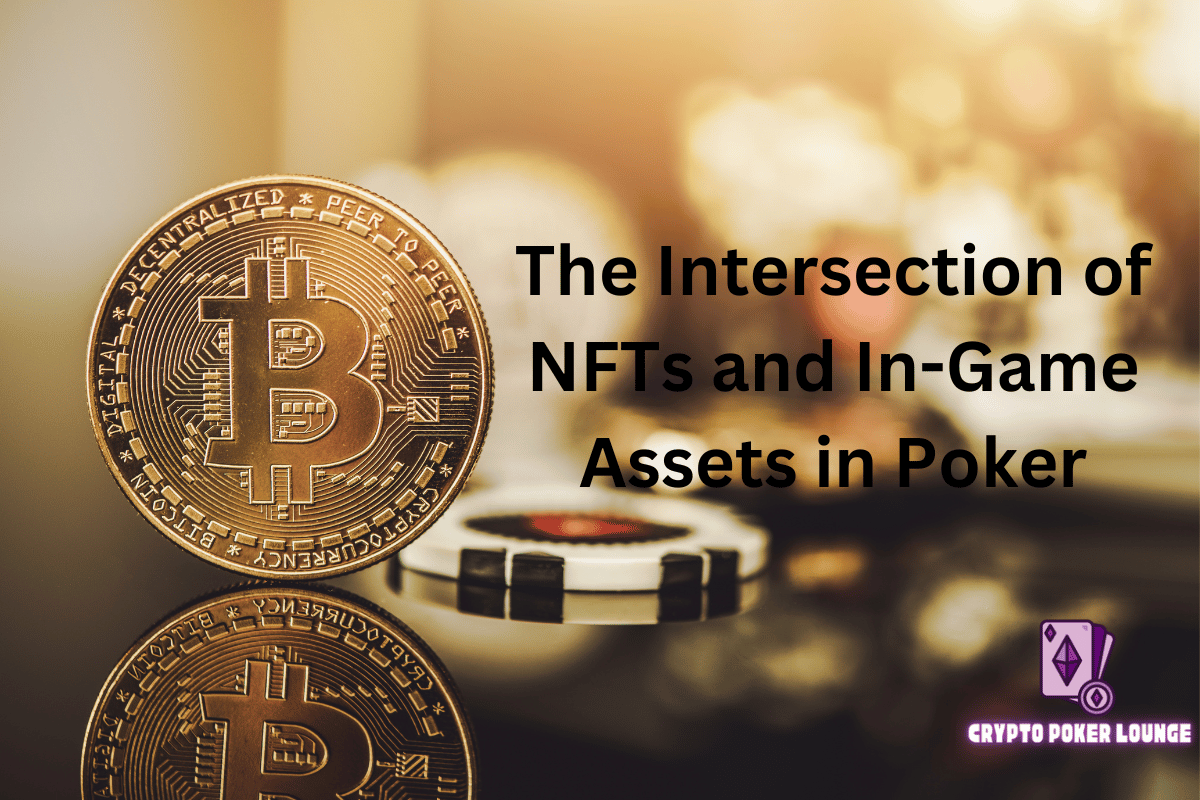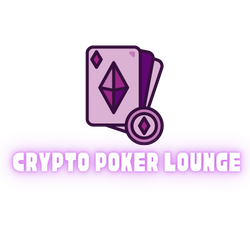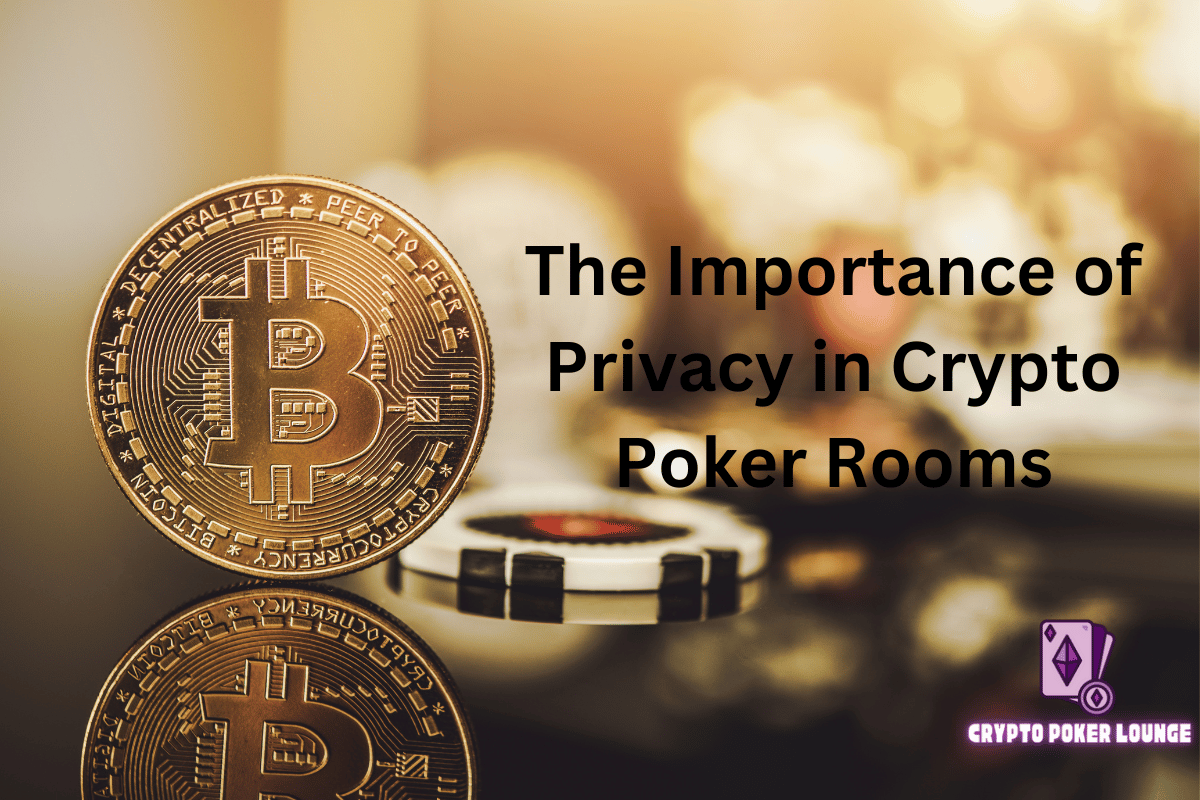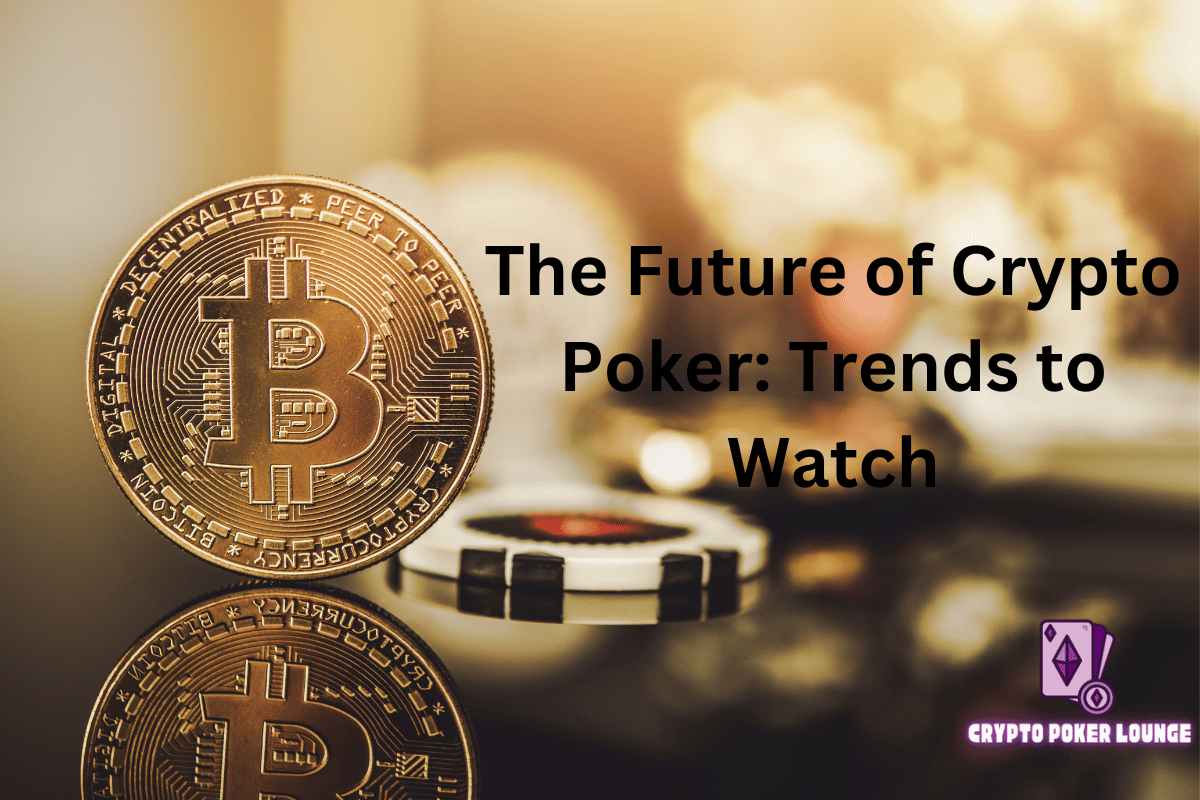
As we shuffle through the digital deck of poker, the emergence of NFTs has dealt a new hand in the world of in-game assets.
The blend of blockchain technology and virtual poker possessions opens up a realm of possibilities that transcend traditional gaming boundaries. Imagine the implications of owning unique digital items within the poker universe, each authenticated and secure.
This intersection holds promises of reshaping how we view ownership, trade, and interact within the virtual poker landscape, hinting at a future where the line between real and virtual blurs intriguingly.
NFTs: Redefining Poker Ownership
In the evolving landscape of poker ownership, NFTs are fundamentally reshaping how players perceive and interact with in-game assets. Ownership validation, a crucial aspect in the realm of digital assets, is being revolutionized through the use of tokenized assets in the form of NFTs. These non-fungible tokens provide a unique and secure way for players to prove ownership of virtual items within the poker ecosystem.
By tokenizing in-game assets, players can securely verify the authenticity and ownership of their digital possessions. This process not only enhances trust among players but also adds a layer of transparency to the ownership of virtual goods in the poker arena. NFTs serve as digital certificates of ownership, enabling players to have full control over their in-game assets while also facilitating seamless transactions in the virtual space.
The integration of NFTs in poker not only elevates the gaming experience but also sets a new standard for ownership validation and asset management in the digital realm. As the poker industry continues to embrace blockchain technology, the utilization of NFTs is poised to redefine the concept of ownership in virtual environments.
Decentralized Trading in Poker
As we explore decentralized trading in poker, we encounter the intriguing dynamics of direct player-to-player trades facilitated by blockchain technologies. This method introduces a new layer of transparency through blockchain records, allowing for secure and verifiable transactions within the poker ecosystem.
Direct Player-to-Player Trades
Facilitating direct player-to-player trades through decentralized platforms revolutionizes the poker industry by enhancing transparency and autonomy in asset exchanges. Peer to peer transactions in poker allow players to directly buy, sell, or trade virtual goods without the need for intermediaries.
This process empowers players with full control over their asset ownership, fostering a sense of autonomy and security in their virtual investments. By enabling direct trades, players can establish fair market values for their in-game assets, creating a dynamic and player-driven economy within the poker community.
This shift towards player autonomy not only promotes a more engaging gaming experience but also opens up new opportunities for strategic asset management and personalized gameplay customization.
Blockchain Record Transparency
Revolutionizing asset exchanges in the poker industry, decentralized platforms provide unparalleled transparency and autonomy through blockchain record transparency, reshaping how players engage in trading virtual goods.
The transparency benefits of blockchain verification ensure that every transaction is securely recorded and easily traceable, eliminating the risk of fraud or manipulation. By leveraging blockchain technology, players can verify the authenticity and ownership of in-game assets, fostering trust and confidence in the trading process.
This level of transparency not only enhances the security of transactions but also opens up new possibilities for creating a seamless and efficient marketplace for virtual goods in the poker industry. As decentralized trading becomes more prevalent, blockchain record transparency will continue to play a pivotal role in revolutionizing the way players interact with and exchange in-game assets.
Authenticity in Virtual Poker Assets
As we explore the realm of virtual poker assets, we must address the critical aspects of virtual asset verification, the trustworthiness of digital assets, and ensuring their provenance.
These three points are pivotal in maintaining the integrity and authenticity of in-game items in the poker landscape.
Virtual Asset Verification
In the realm of virtual poker, ensuring the authenticity of in-game assets through robust verification processes is crucial for maintaining the integrity of the gameplay experience. Digital asset tracking plays a pivotal role in confirming the provenance and ownership of virtual items used in online poker games.
By implementing sophisticated ownership verification mechanisms, such as blockchain technology, platforms can offer players transparency and security regarding the digital assets they possess within the game. These verification processes not only authenticate the uniqueness of in-game assets but also safeguard against fraud and unauthorized duplication.
As the virtual asset market continues to evolve, establishing trust through meticulous digital asset tracking and ownership verification methods will be fundamental in fostering a reliable and secure environment for players and collectors alike.
Trustworthiness of Digital Assets
Ensuring the trustworthiness of digital assets in virtual poker involves implementing robust verification processes to authenticate the authenticity and ownership of in-game items. Digital ownership verification is crucial in maintaining asset integrity within the virtual poker environment.
By utilizing blockchain technology, unique digital signatures can be assigned to each virtual asset, ensuring its provenance and authenticity. These digital signatures act as a secure method to verify ownership and track the history of each in-game item.
Through transparent and immutable records, players can trust the legitimacy of their digital assets, enhancing the overall integrity of the virtual poker ecosystem. Emphasizing the verification of digital ownership not only safeguards against fraud but also promotes a secure and trustworthy environment for players to engage with their virtual assets.
Ensuring Asset Provenance
Implementing robust blockchain technology enhances the integrity of virtual poker assets by establishing secure and trackable ownership verification processes. Through asset tracking on the blockchain, each digital asset’s provenance can be easily traced, ensuring authenticity and preventing fraudulent activities.
Ownership validation mechanisms embedded in smart contracts further guarantee the legitimacy of in-game items, such as unique card decks or player avatars. By leveraging blockchain’s decentralized nature, asset provenance in virtual poker becomes transparent and tamper-proof, instilling confidence in players and collectors alike.
These technological advancements not only safeguard the value of digital assets but also revolutionize the way in-game items are authenticated and traded, paving the way for a more secure and trustworthy virtual poker environment.
Evolution of Digital Chip Ownership
Amidst the digital revolution in poker, the concept of ownership of digital chips has undergone a significant evolution. As online poker platforms continue to innovate, players are experiencing a shift in how they perceive and interact with virtual assets. This evolution is marked by factors such as digital chip scarcity and enhanced ownership validation methods.
- Blockchain Integration: The utilization of blockchain technology for transparent and secure tracking of digital chip ownership.
- Smart Contracts: Implementation of smart contracts to automate transactions and ensure trustless ownership transfers.
- Tokenization: Conversion of digital chips into unique tokens, enabling easier verification and transferability.
- Interoperability: Enhancing the ability for players to use their digital chips across multiple gaming platforms seamlessly.
These advancements not only address concerns surrounding digital chip scarcity but also provide a more robust framework for ownership validation in the online poker ecosystem. By embracing these changes, players are entering a new era where digital chip ownership is secure, verifiable, and adaptable to their gaming needs.
NFT Integration in Online Poker
The integration of Non-Fungible Tokens (NFTs) in online poker marks a groundbreaking shift towards tokenizing unique digital assets, revolutionizing the landscape of virtual ownership within the game. NFTs allow players to truly own their in-game items, such as unique avatars, by providing a secure and transparent way to verify ownership through blockchain technology. This innovation not only enhances the gaming experience but also opens up new possibilities for tokenized tournaments, where players can compete for NFT prizes that hold real-world value.
Tokenized tournaments in online poker could revolutionize the way competitions are structured, adding an extra layer of excitement and exclusivity to the events. Players may have the opportunity to earn and trade valuable NFTs based on their performance in these tournaments, creating a dynamic and engaging ecosystem within the online poker community. Additionally, unique avatars represented as NFTs could become sought-after assets, allowing players to express their individuality and status in the virtual poker world. The integration of NFTs in online poker has the potential to redefine virtual ownership and competition in ways previously unimagined.
Benefits of NFTs for Players
Utilizing Non-Fungible Tokens (NFTs) in online poker offers players a tangible way to establish true ownership of their in-game assets, enhancing the overall gaming experience while introducing new avenues for value creation and competition. NFTs provide a unique set of benefits for players, promoting player empowerment and asset uniqueness in the virtual poker world.
- Player Empowerment: NFTs grant players full control over their in-game assets, allowing them to buy, sell, and trade with true ownership rights, thus empowering them in the virtual gaming environment.
- Asset Uniqueness: Each NFT represents a one-of-a-kind digital asset, ensuring that players have exclusive items that can’t be replicated, adding a layer of uniqueness to their in-game possessions.
- Value Creation: NFTs enable players to monetize their gaming achievements by creating valuable digital assets that can be bought and sold within the gaming community, opening up new possibilities for economic gains.
- Competition Enhancement: The ownership of unique NFT assets can introduce a competitive edge to gameplay, motivating players to strive for rare and valuable in-game items to stand out among their peers.
Security and Transparency in Poker
Ensuring the integrity of transactions and fostering a transparent environment are critical factors in the realm of online poker. Security features play a pivotal role in maintaining player trust and safeguarding their assets. Encryption protocols, secure payment gateways, and robust verification processes are essential components of a secure online poker platform. These security measures help prevent fraud, hacking, and unauthorized access to player accounts, ensuring a safe and fair gaming environment for all participants.
In addition to security features, fair play regulations are equally important in poker. Implementing mechanisms to detect and deter cheating, collusion, or any form of unfair advantage is imperative to uphold the integrity of the game. Random number generators, anti-bot measures, and regular audits by gaming authorities can help ensure that gameplay is fair and unbiased for all players.
Future Trends in NFT-Enabled Poker
With the integration of NFTs into the poker landscape, a transformative shift in asset ownership and trading is emerging. This trend is shaping the future of NFT-enabled poker in various ways:
-
Cryptocurrency Integration: As cryptocurrencies gain mainstream acceptance, incorporating them into poker platforms will become more prevalent, offering players a seamless and secure way to engage in transactions.
-
Player Engagement: NFTs can enhance player engagement by providing unique virtual assets that players can collect, trade, and showcase, creating a more immersive gaming experience.
-
Token Economics: Developing robust token economics within poker ecosystems can incentivize players to participate actively, earn rewards, and contribute to the overall growth of the platform.
-
Game Development: NFTs open up opportunities for innovative game development, allowing for customizable in-game assets, cross-platform compatibility, and decentralized ownership structures.
These trends signify a dynamic future for NFT-enabled poker, where digital ownership, player interaction, and economic incentives converge to redefine the gaming experience.
Frequently Asked Questions
How Can Players Ensure the Security of Their NFT Assets in Online Poker Games?
We ensure security of our NFT assets in online poker by using secure wallets, verifying NFT marketplaces, and practicing good cyber hygiene. This protects our assets from unauthorized access and ensures a safe gaming experience.
Are There Any Legal Considerations or Regulations Surrounding the Ownership and Trading of NFTs in the Poker Industry?
Legal implications and ownership rights play vital roles in NFT trading. Regulations vary across jurisdictions, affecting how assets are bought and sold. Understanding these factors is crucial for navigating the complex landscape of NFT ownership in the poker industry.
How Do NFTs Impact the Overall Player Experience in Online Poker Games?
NFTs revolutionize player experience in online poker by offering unique in-game assets for player customization, boosting engagement through ownership of digital items that hold real-world value, creating a dynamic and personalized gaming environment.
Are There Any Risks Associated With Integrating NFTs Into Online Poker Platforms?
Are there risks in integrating NFTs into online poker platforms? Risk assessment is imperative. Ensuring asset protection and addressing potential vulnerabilities are key. Collaborating with cybersecurity experts and legal advisors can mitigate risks and safeguard player assets effectively.
What Are Some Potential Challenges That May Arise With the Use of NFTs in the Poker Industry, and How Can They Be Addressed?
Potential challenges in integrating NFTs in poker include regulatory compliance hurdles and player acceptance. To address this, robust KYC protocols and clear communication on NFT benefits are crucial. Collaborating with regulators will be key.
Conclusion
As we wrap up our exploration of NFTs and in-game assets in poker, it’s fascinating to note that the global NFT market has seen a 299% increase in sales volume in the first quarter of 2021 compared to the previous year.
This statistic highlights the growing interest and potential for NFT integration in the poker world, paving the way for a new era of ownership and authenticity in virtual gaming.
Exciting times lie ahead for players and enthusiasts alike.


